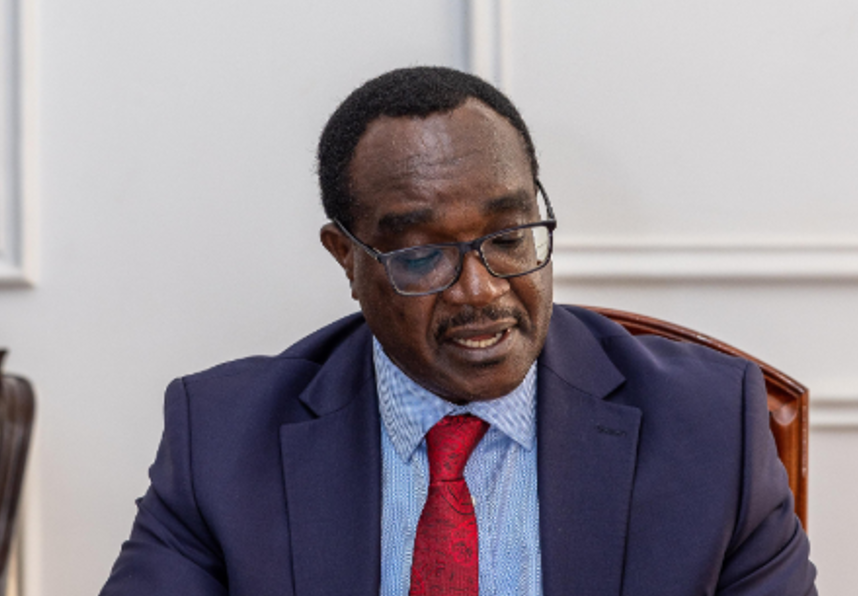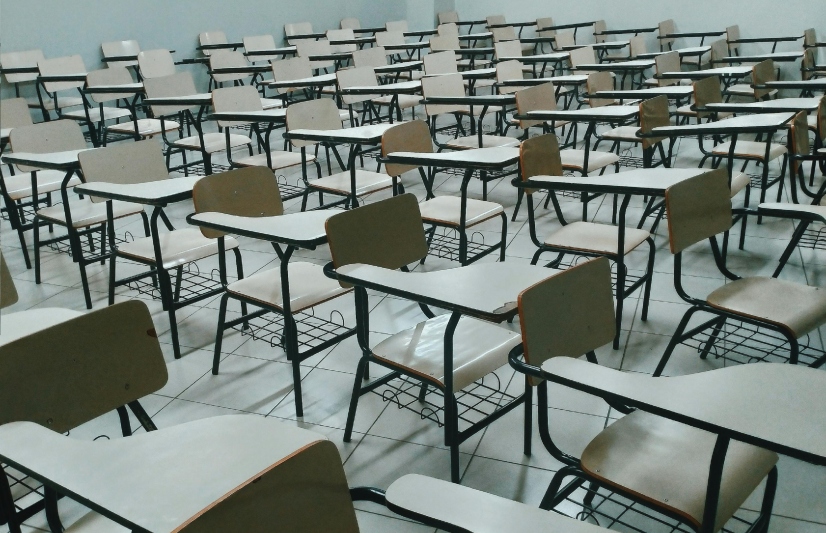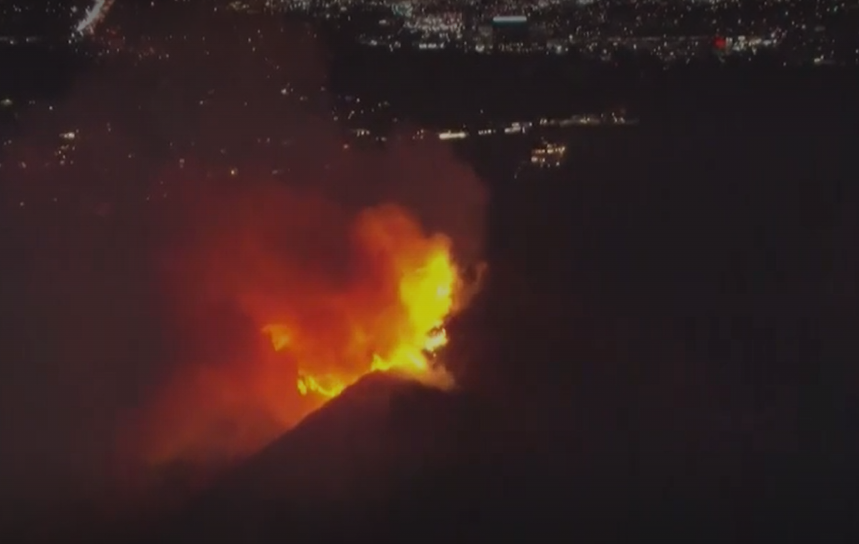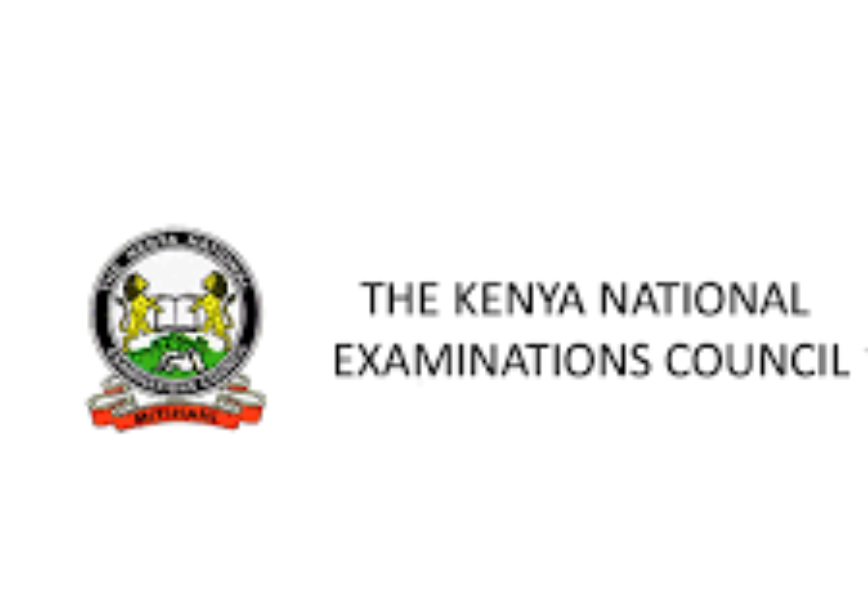Armed groups have stormed Haiti’s largest prison, defying police forces who have called for help after days of gunfire in parts of the capital as a major gang leader seeks to topple Prime Minister Ariel Henry.
Two of the Caribbean country’s main police unions called for assistance on Saturday to stop inmates, many considered to be high-profile criminals, from fleeing the National Penitentiary in Port-Au-Prince.
“They need help,” one of the unions said in a message on social media, bearing an “SOS” emoji repeated eight times. “Let’s mobilise the army and the police to prevent the bandits from breaking into the prison.”
It was unclear how many had fled the prison, a number that the newspaper Gazette Haiti said was “significant”. Some detainees were reluctant to leave en masse for fear of being killed in crossfire, sources told Reuters news agency.
Police officers assigned to the prison had vacated the premises on Saturday, according to reports by local media AyiboPost.
The government of Haiti, the poorest country in the Americas, did not comment on the situation on Saturday.
Prime Minister Henry is in Kenya to salvage a proposed security mission in Haiti to be led by that East African country and backed by the United Nations.
Heavy gunfire has caused panic in recent days after calls by gang leader Jimmy Cherizier, a former police officer, for criminal groups to unite and overthrow Henry. Cherizier, also known as Barbecue, heads an alliance of gangs and faces sanctions from the UN and the United States.
The penitentiary, built to hold 700 prisoners, held 3,687 inmates as of February last year, according to the rights group RNDDH. A 2017 report by the group warned of serious overcrowding at the prison, which is said to suffer from poor police staffing.
The prison attack follows reports on Friday that armed men had attempted to take control of the capital’s main container port, causing traffic disruptions, and gangs threatened to attack more of the city’s police stations.
Cherizier this week warned locals to keep children from going to school to “avoid collateral damages” as violence surged.
Henry, who came to power after the assassination of the country’s last president, Jovenel Moise, in 2021, had previously pledged to step down by early February.
He later said security must first be re-established to ensure free and fair parliamentary and presidential elections, which have not taken place for almost a decade.









